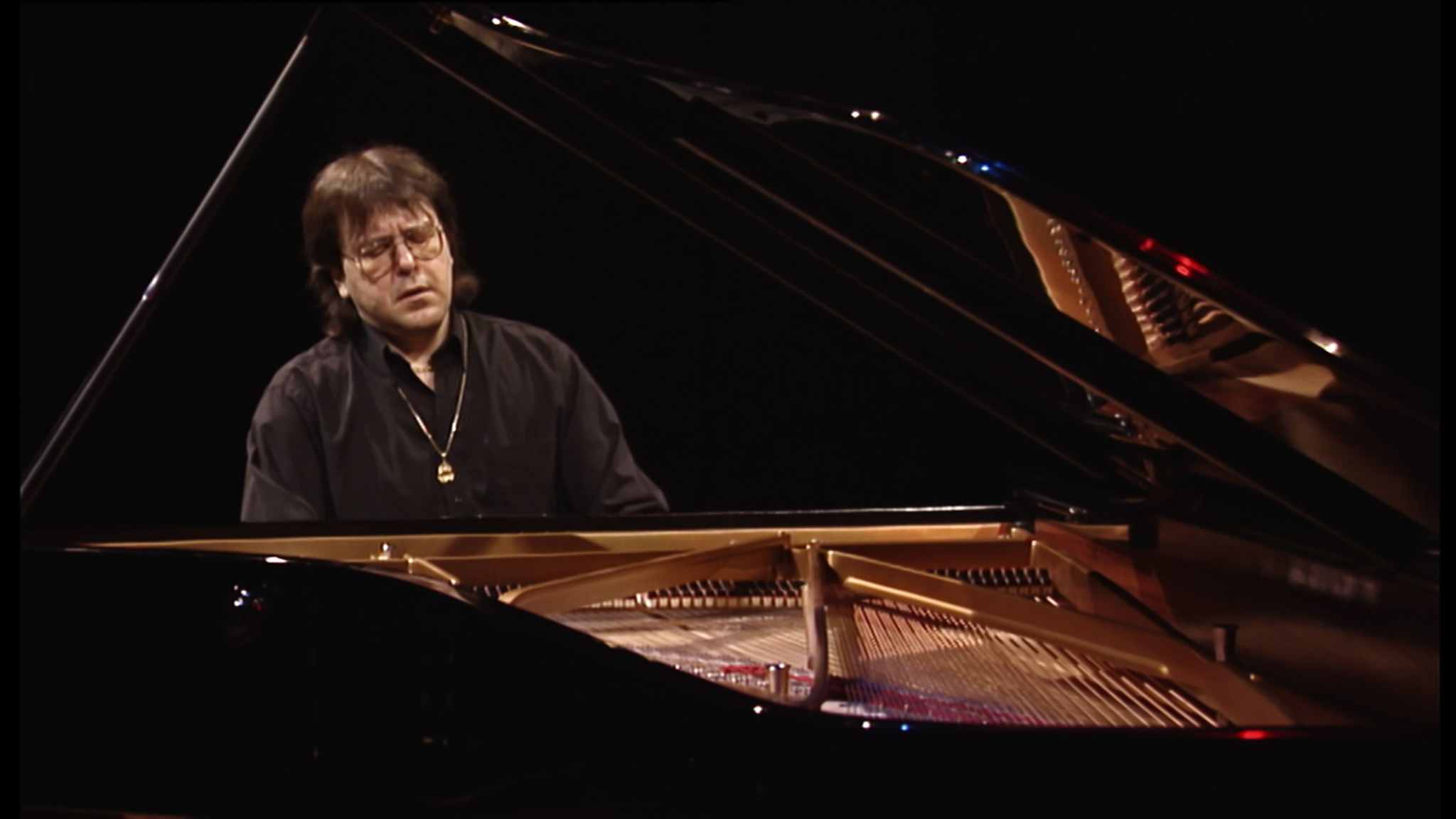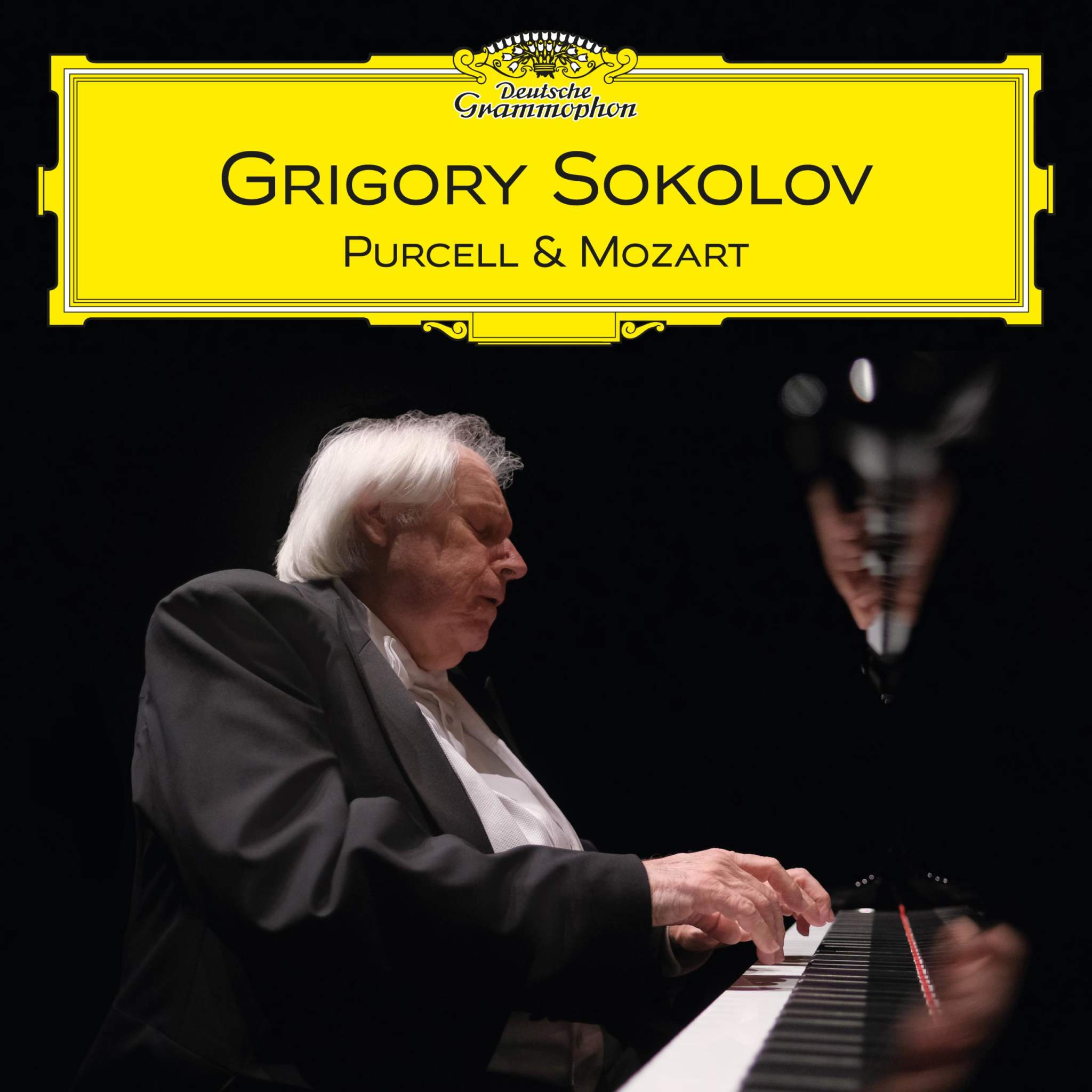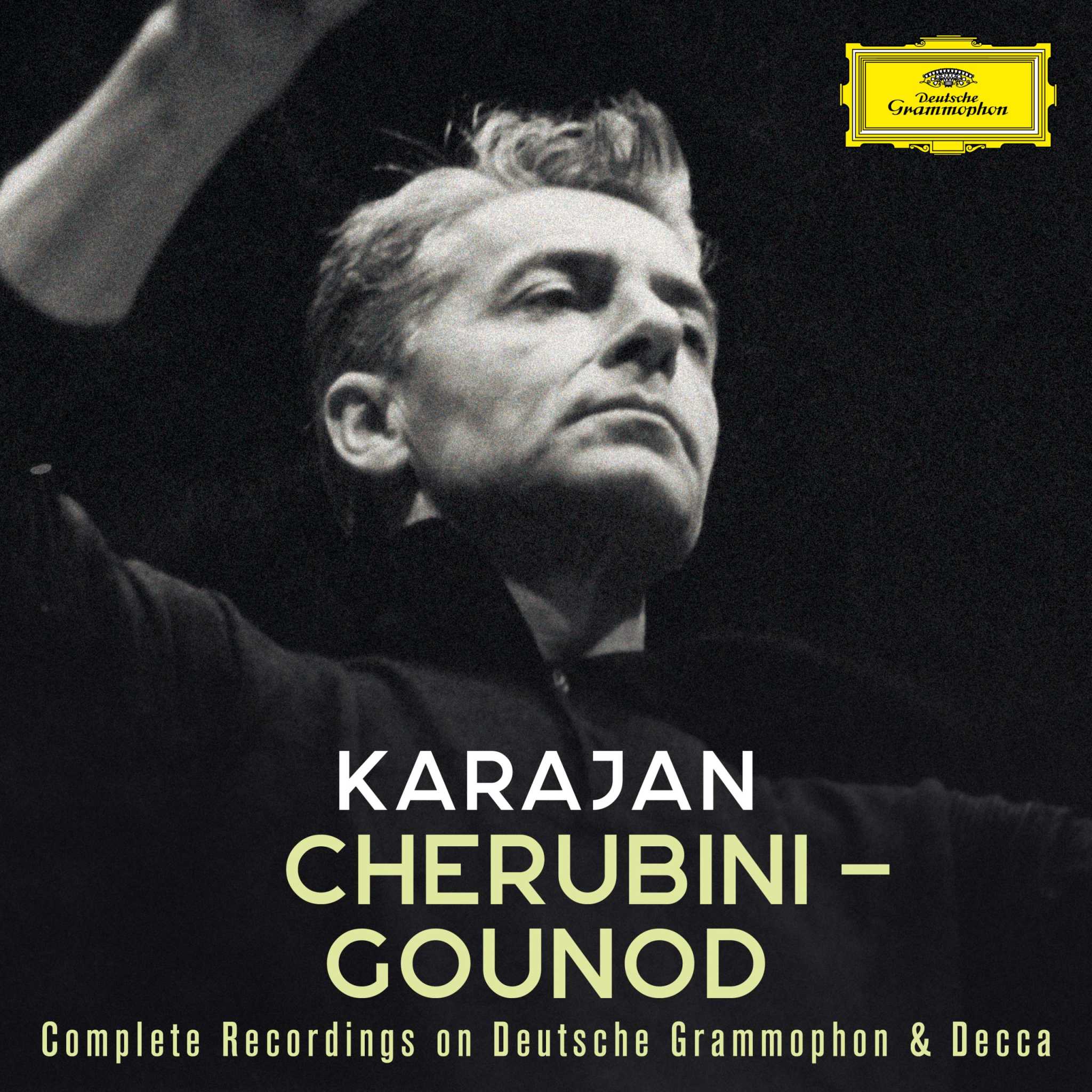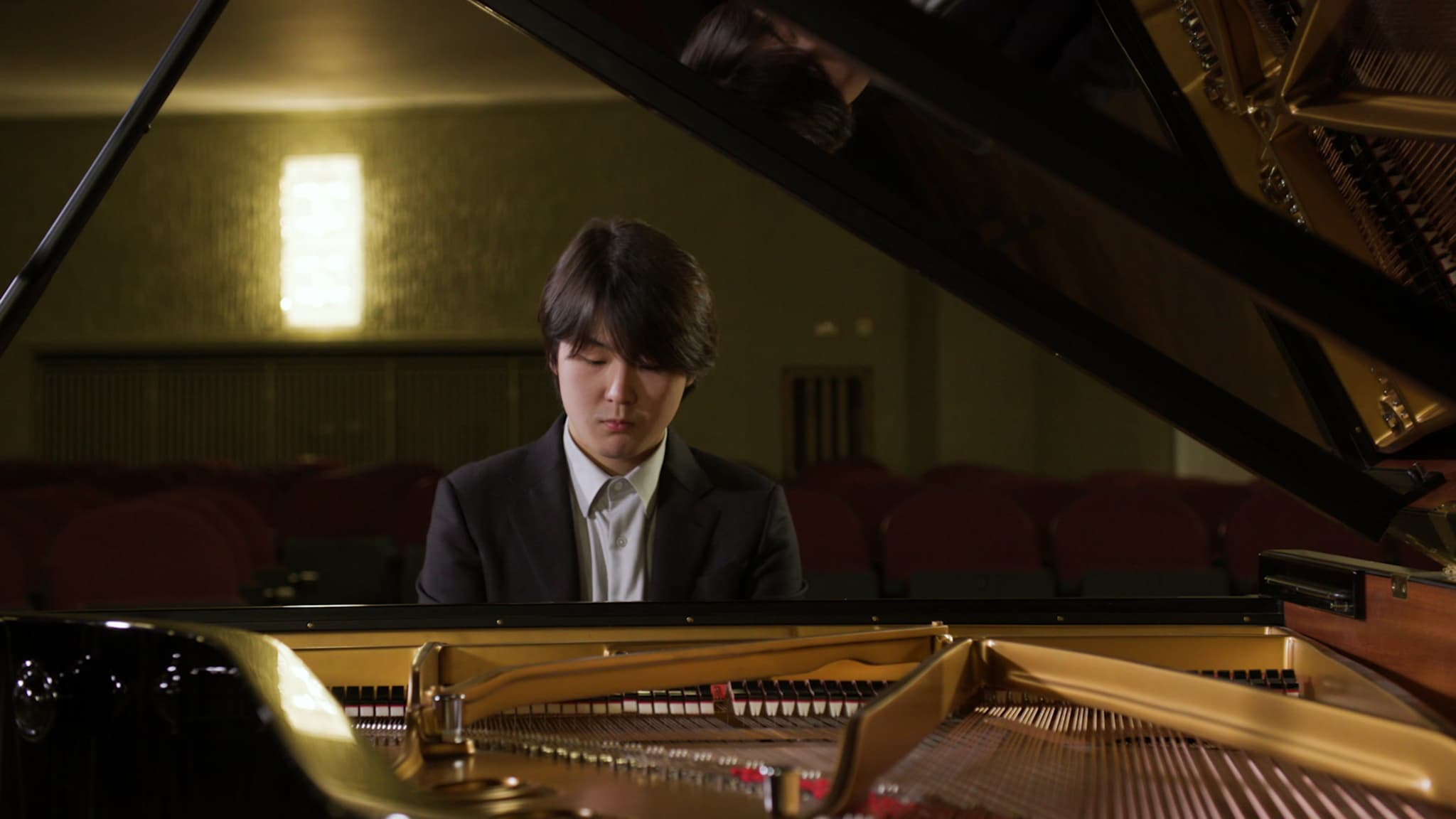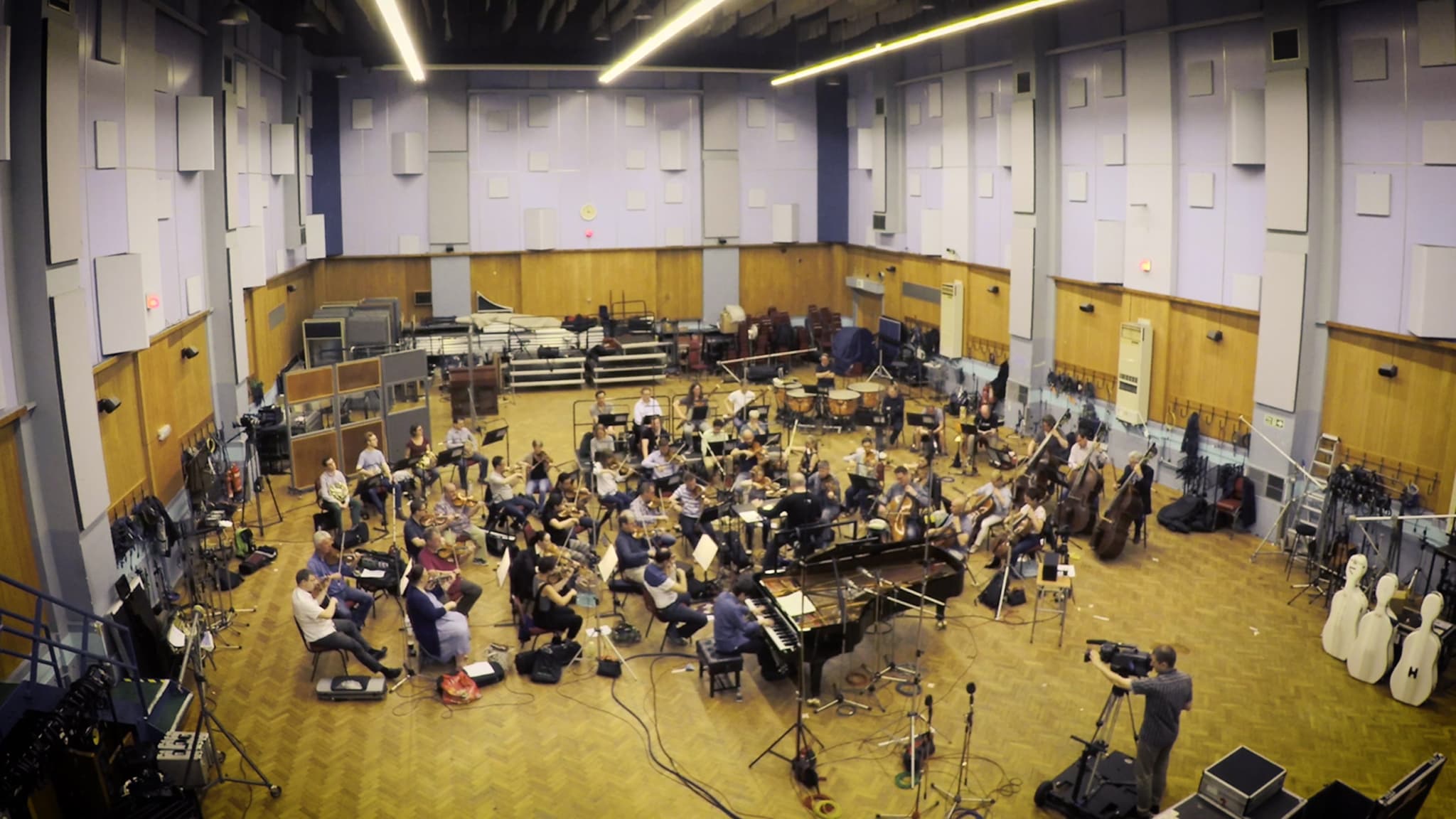Frédéric Chopin was a man of paradoxes: a Polish nationalist who lived out his days in exile in France; a musician who hated giving public concerts; a composer whose piano works were replete with the influence of bel canto opera, and whose idols in the early Romantic era were Bach and Mozart. Lavishly melodic, yet classically restrained; visionary in imagination, yet tautly constructed – his was one of the most individual musical voices of his era.
Born in Poland in 1810 to a Polish mother and French father, Chopin had an exceptional pianistic talent which was recognised early. He gave his first concerts at the age of eight, despite receiving little professional instruction. He settled in Paris after the Polish Uprising in 1830, where he soon found himself in demand both socially and as a superb teacher. Chopin performed constantly in salon soirées for intimate groups of friends and admirers, made up of Liszt, Berlioz, Mendelssohn, Rossini, Bellini, Balzac, Heine and Delacroix, to name but a few. First-hand accounts describe his playing and his very particular approach to matters such as rubato, rhythm and beauty of tone. His skill at improvisation was legendary and many of his compositions first took form in such moments of spontaneity at the keyboard. His evocative, intensely imaginative style, coupled with developments in piano manufacturing at the time, meant he was able to push the boundaries, not just of the instrument's power, but more importantly to create a wider range of colour, resonance and softness. Much like Liszt, he extended the demands placed on performer and instrument alike and left a tremendous, lasting impact on piano music. His very last public concert took place in London as a special event raising money for Polish refugees, shortly before he died, in Paris, at the age of just 39.







